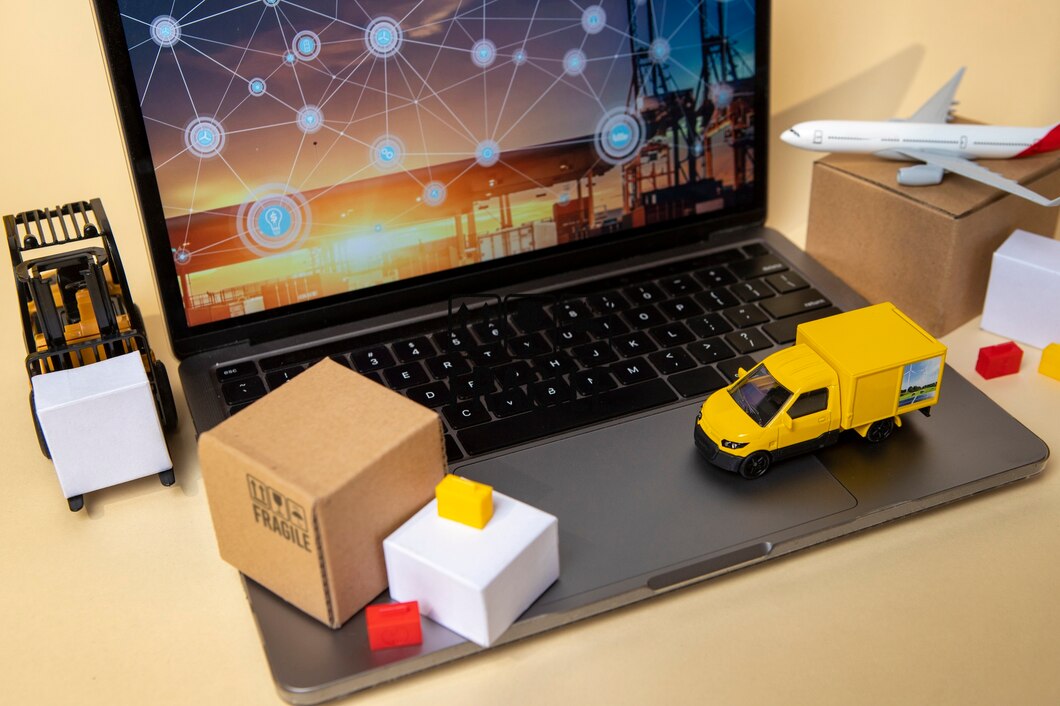Blog8
“Blockchain in Supply Chain: Buzz or Game-Changer?”
“In a world of delays, fraud, and blind spots — blockchain promises a supply chain that’s transparent, tamper-proof, and totally transformed.”
Blockchain technology in supply chain management is often viewed as a potential game-changer due to its ability to enhance transparency, trust, and efficiency. While some see it as a buzzword, many believe it offers significant benefits like improved traceability and reduced costs.
Blockchain technology, initially associated with cryptocurrencies like Bitcoin, is now being recognized for its transformative potential in supply chain management.
It provides a decentralized and tamper-resistant ledger that can document every transaction, enhancing transparency and trust among stakeholders.

Key Features of Blockchain
Decentralization: Unlike traditional systems, blockchain operates without a central authority, allowing multiple parties to access and verify transactions.
Immutability: Once recorded, transactions cannot be altered or deleted, ensuring a permanent and verifiable history of product movements.
Real-time Tracking: Blockchain enables real-time updates on the status of goods, improving visibility throughout the supply chain.
Impact on Supply Chain Management
Enhanced Transparency: By documenting every step of a product’s journey, blockchain helps eliminate biases and increases trust among participants.
Improved Traceability: Companies can trace the origin and journey of products, which is crucial for quality control and compliance, especially in industries like food and pharmaceuticals.
Cost Reduction: Automating processes and reducing the need for intermediaries can lead to significant cost savings for businesses.


Applications of Blockchain in Supply Chain
Asset Tracking: Blockchain can record the movement of assets such as pallets and containers, providing a clear history of ownership and transfer.
Smart Contracts: These self-executing contracts can automate transactions and enforce agreements without the need for intermediaries, streamlining operations.
Certification Verification: Blockchain can verify certifications for products, such as organic or fair trade, ensuring authenticity and compliance.
Challenges and Considerations
Integration with Existing Systems: Implementing blockchain requires compatibility with current supply chain systems, which can be complex and costly.
Scalability: As the number of transactions increases, ensuring the blockchain can handle the load without compromising speed or efficiency is crucial.
Regulatory Compliance: Companies must navigate varying regulations across regions, which can complicate blockchain implementation.

Conclusion
While blockchain is often viewed as a buzzword, its potential to revolutionize supply chain management is significant. By enhancing transparency, traceability, and efficiency, it can address many challenges faced by traditional supply chains.
As more companies explore and adopt this technology, its true impact will become clearer, potentially marking a new era in supply chain management.


